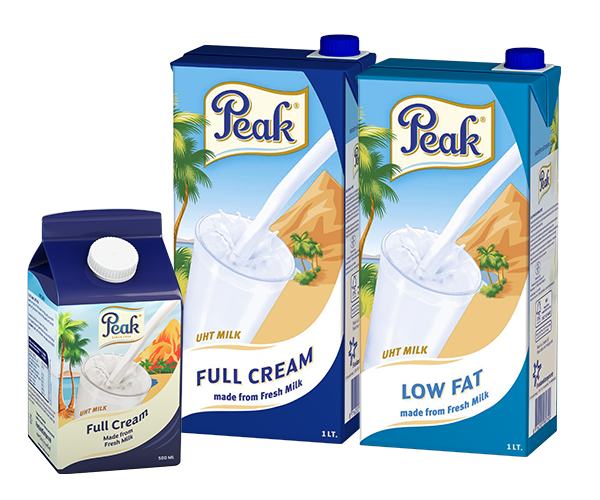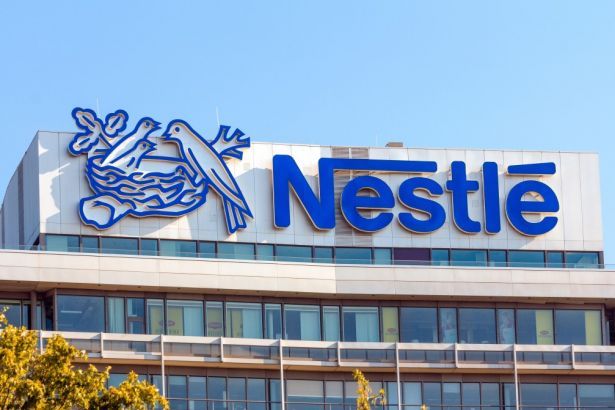Warehouse Storage Rates In Nigeria: Monthly, Quarterly or Annual?
Warehousing is a crucial part of the supply chain. It allows for proper storage and management of goods in transit, which can be a major source of lost revenue if not done properly. There are many types of warehousing services available to businesses today, from monthly rental rates with no contract to annual contracts with additional benefits. Which one is right for your business? Let’s discuss some things you should consider before making that decision.
Section 1: What is Warehousing?
Warehouses are utilized to store goods in transit for later delivery to customers or further storage. These include food, pharmaceuticals, consumer products, electronics and more. Once in storage, these products are available for purchase or delivery immediately.
Warehousing Services: Monthly Rental Rates
Before you choose to sign a contract, there are several factors you should take into account.
Are you leasing space?
Before you sign a contract, make sure you are only signing a monthly rental rate with no additional charges or expenses. By doing this, you will have no commitments to your vendor or have additional expenses tied to the contract.
Is your lease set to renew?
Make sure the contract is a fixed-term agreement.
Types of Warehousing Services
There are essentially two types of warehousing service providers:
Free Standing Warehouses : These are self-contained units that have lots of shelving and an office. The largest units can hold several thousand items and are located on large parking lots. These are the cheapest to run, but they aren’t a great place to work. These are perfect for stores and retailers with only a few items in stock.
: These are self-contained units that have lots of shelving and an office. The largest units can hold several thousand items and are located on large parking lots. These are the cheapest to run, but they aren’t a great place to work. These are perfect for stores and retailers with only a few items in stock. Self-Storage: Self-storage units are typically stocked with little to no inventory.
Warehouse Storage Rates in Nigeria
Warehouse storage is becoming increasingly popular in Nigeria today. Not only are monthly prices more affordable, but monthly storage for most companies only requires the addition of one staff member to manage its day-to-day functions.
So, why is that? The answer has to do with the difference between warehousing and storage. In Nigeria, the term storage refers to keeping goods in a location where they are accessible to customers. Warehousing has a different purpose, in which goods are stored for a long period of time and accessible only to the organization that owns them.
If you want to store in Nigeria for a longer period of time, a warehouse storage policy might be right for your business.
Monthly, Quarterly or Annual- Which One?
Depending on your needs, the right warehouse management service can either be monthly or quarterly. The monthly service allows for less space and greater flexibility, which can be a major advantage for small businesses that may not have enough room to store large quantities of inventory, or in-house storage space. Quarterly contracts usually provide a lump sum for the whole year and a discount on the monthly storage fees. Annual contracts offer the best value overall. Because they provide a longer term contract with added benefits, you will also get more perks such as early termination and refund guarantees if the company goes out of business, and they offer the best pricing.
Conclusion
Which one is right for your business? You should carefully analyze your needs to decide what is best for you. The article gave some recommendations that can help you make this decision.
Security Considerations
In addition to size, quality of service, and location, security is a very important aspect of the warehousing service. We advise business owners to choose a reputable and secure warehousing facility that offers 24/7 CCTV surveillance and access to armed security.
Value of Goods
Warehousing services can range from retail to wholesale and can have a huge impact on the overall value of your products or inventory. From the “on the shelf” price for merchandise to potential discounts or residual value after shipping, the warehousing cost will have an impact on your bottom line.








LEAVE A COMMENT
You must be logged in to post a comment.